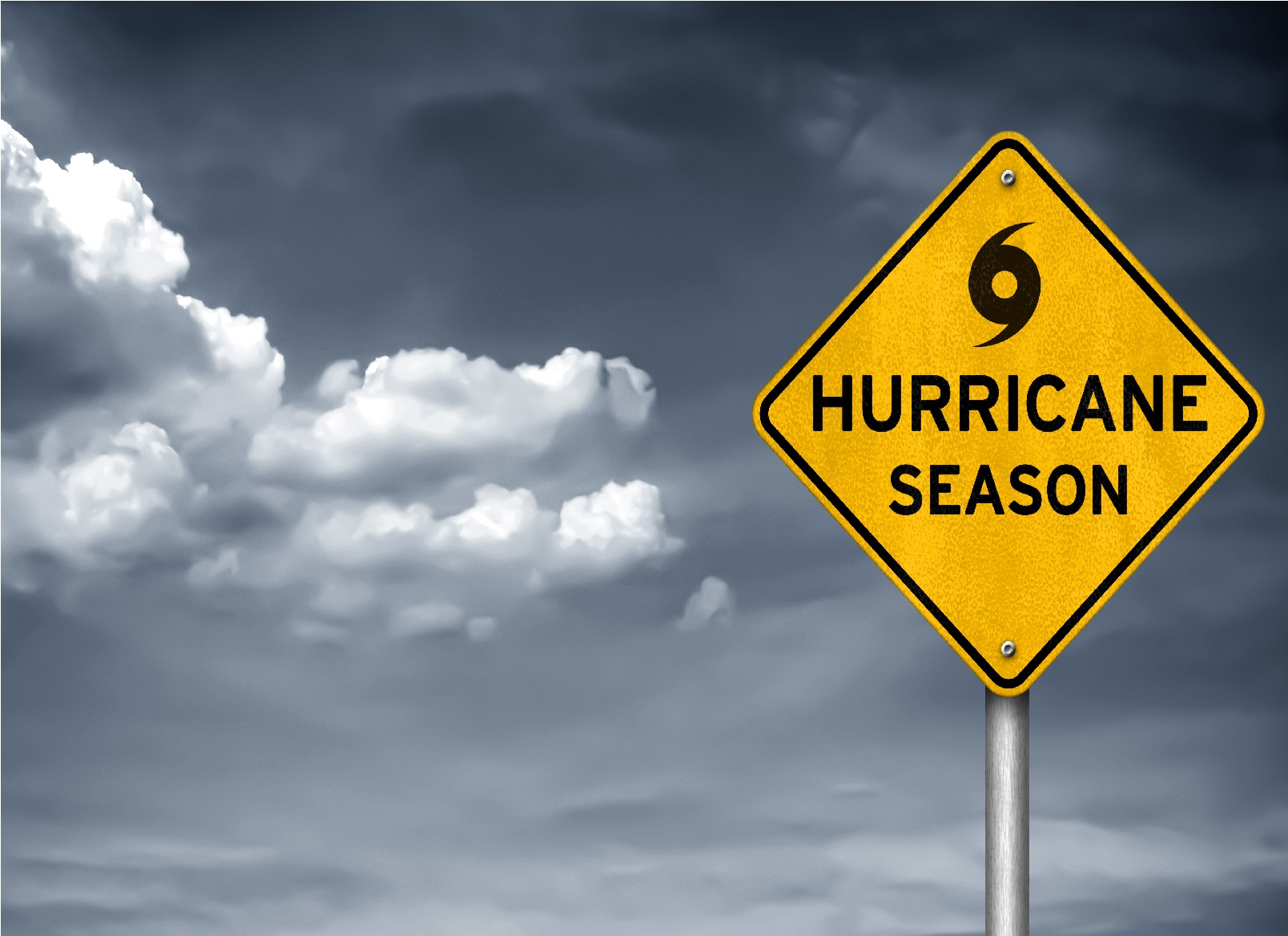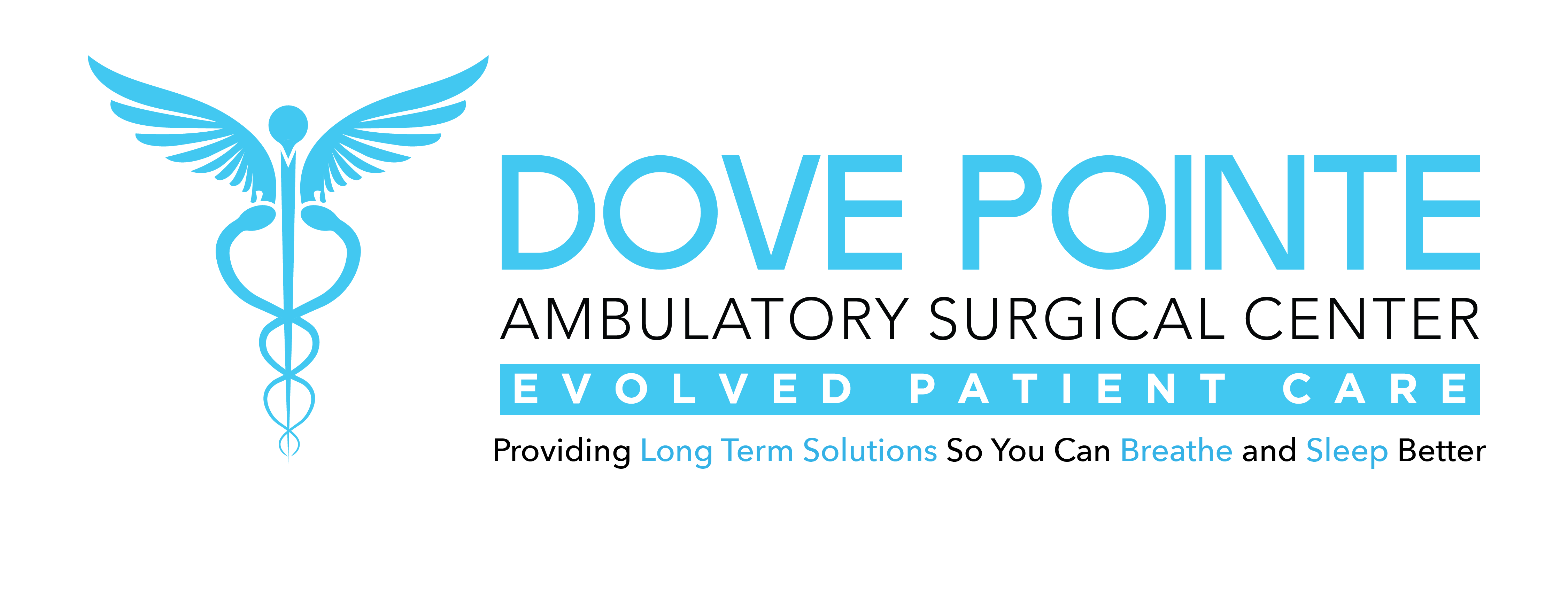Hurricane season can be unforgiving, as we most recently experienced here in the Rio Grande Valley with Hurricane Hanna.
The destruction hurricanes leave behind can take years to rebuild. The toll on an individual’s well-being and overall health can be just as serious, especially if they suffer from allergies or asthma.
As if COVID-19 concerns aren’t worrisome enough, allergy season is worse than ever this year, and hurricane season isn’t going to make it any better. If anything, it can worsen those symptoms.
Today, your certified McAllen physician assistant, Jonathan Lerma, and his dependable team of sinus relief specialists at the Glatz Group of Valley ENT will help provide you with a better understanding of how hurricane season can worsen your allergies or asthma.
Severe Weather Patterns Can Amplify Allergies and Asthma Symptoms
Weather patterns affect environmental allergies.
Hurricanes can make allergy and asthma symptoms worse due to the fact that pollen and mold spores spread into the air after intense weather conditions. The high winds spread those wet mold spores into the air and a lack of air circulation because of lost power allows more allergens to enter your home.
Following a severe storm, debris from trees and plants also become covered with mold and other triggers that can intensify allergic and asthmatic symptoms. Allergic reactions to mold include nasal congestion, coughing, and sneezing. Asthmatics can experience wheezing, tightness in the chest, coughing, and difficulty breathing.
Allergy season generally peaks once the leaves start to fall in October and November, but the damage caused by hurricanes results in many trees on the ground and a multitude of mold from standing water.
Post-Hurricane Cleanup Can Significantly Impact Your Health
The cleanup process should begin as soon as you're possibly able to. This can’t take place without proper preparation for those with pre-existing conditions, such as asthma, and those with weak immune systems.
When the floodwater recedes and cleanup starts, respiratory ailments rise as a result of mold.
How to Clean Up Safely & Effectively
You should always take precautions when cleaning up after a hurricane since it comes with several risks. Mold can begin to grow shortly after flooding and can quickly take over a home.
Try taking the following precautions when you being the cleaning process:
- Organize a cleanup kit that includes an N95 filtering mask, rubber gloves, bleach, sponges, towels, eye protection, rubber boots, odor-control products, and trash bags.
- Prepare a first aid kit with adhesive bandages and antibiotic ointments.
- Wear protective clothing and make sure you’re fully covered. Protect cuts from contact with water or debris as it might be contaminated.
- Wash all hard surfaces with a bleach mixture to kill mold.
- Speed up the drying out process by placing fans at open doors and windows.
How to Manage Your Allergy or Asthma Symptoms Following a Hurricane
- If you are sensitive to allergies, are asthmatic, or suffer from other breathing issues, do not step inside a building with mold damage.
- Wash your hands constantly. Illness can induce an asthma attack and keeping your hands clean prevents the spread of germs. Use a hand sanitizer with at least 60% alcohol if clean water is unavailable.
- Keep windows shut tightly because outdoor allergens can aggravate symptoms.
- Minimize outdoor allergens from getting inside your home by putting the do not re-circulate mode on your air conditioner.
- Adjust your home air conditioner and furnace filters often to improve air quality.
- Use a dehumidifier and a hygrometer. A dehumidifier can lower the humidity levels in your home preventing mildew growth and diminish dust mites. The hygrometer should be below 50% to avoid excessive mold growth.
- Use an air-purifying system to filter dust and other allergens.
- Be cautious when utilizing a generator because if misused, they can cause carbon monoxide to build up in your home. Install a battery-powered carbon monoxide detector.
- Have your allergy and asthma medications readily available, and use them as prescribed. Your inhaler should always be within reach.
- Handle stress as strong emotions can trigger an asthma attack.
- Get a flu shot because influenza can also provoke an attack.
- Come up with a course of action in case you experience an attack.
Your Allergy or Asthma Concerns Can Be Taken Care of by the Glatz Group of Valley ENT
We hope that the advice we shared can help to prepare you for what may come with hurricane season and your allergies.
Since COVID-19 is an unresolved health crisis, we continue to look after the safety and well-being of our beloved staff and patients. If you would like to have your symptoms addressed without coming to the office, it can be conducted online with our telemedicine services.
Appointments are also a phone call away.
If you are in need of an in-office procedure, we can set that up accordingly.



